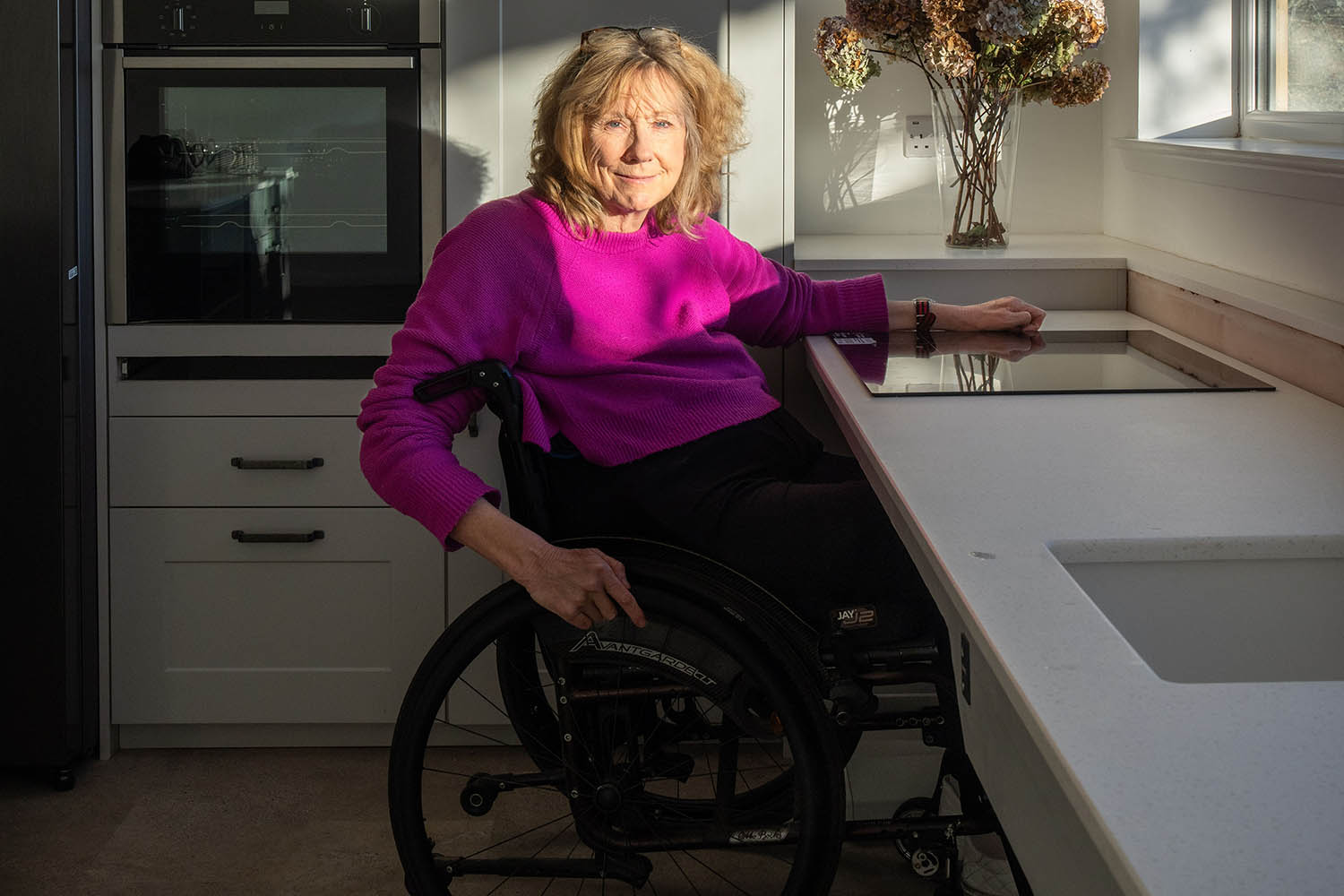Something much bigger than government plans on welfare reform were in jeopardy in the Commons this week. When disability is turned into a noisy political football, battered around in public for what seems like weeks, there’s a real danger the electorate will start to resent disabled people themselves.
The more often the figures are repeated – £22bn a year on personal independence payments, 3.7 million people receiving it, another 1,000 every day putting in claims to join them – the more the average voter feeling skint and struggling to pay a mortgage is going to lose sympathy.
Disability has never struggled with a surfeit of love and understanding. The very last thing the welfare system needs is to be portrayed as a dripping roast, heavy with gravy for whoever applies, a problem that must be tackled to stop the country facing bankruptcy. Even today, at best, disabled people are catered for with something of a quiet sigh, at worst they are regarded as second-class citizens. Now, with this kind of daily hammering about what we “cost” the taxpayer, expect growing cynicism.
By being cack-handed, the government has done us zero favours. Only activists and the unreconstructed left, whose job is to be unreasonable, think the system needs no reform. Everyone else, disabled or not, can see that in its present form it’s not fit for purpose and unsustainable. But squabbling is destructive.
So are apocalyptic warnings such as Wes Streeting’s, saying that without reform there’s a risk to everything: financial support, democratic support, even legitimacy. Decoded: if we, the soft left, don’t do this, imagine what Reform may do. He’s not wrong. It’s scary.
Deep down, many people born before 1980 continue to be prejudiced and suspicious about long-term sickness
Deep down, many people born before 1980 continue to be prejudiced and suspicious about long-term sickness
Society’s attitude to disability over my lifetime has changed radically, especially in the terms we use to talk about it. But for all that today’s language is kind, I have experienced enough casual cruelties in the 15 years I’ve been disabled to know it is often skin deep. The status of disability is ever fragile, ever vulnerable to public fickleness.
In the 18th and 19th centuries, only work kept the sick and the lame alive. They cleaned, swept, laid out the dead, cooked and washed for others and formed the backbone of the early nursing profession – or they starved.
When welfare came, the sick remained in no doubt of their lowly status. In the 1960s, I remember “spaz” as a playground insult; chronically disabled people were called invalids and received invalidity benefit. If you were in that boat, stoicism and gratitude were the order of the day. You didn’t complain; you accepted your moral duty to the state to be a “good patient” and try to get better.
The whole system, its bones still in place today, was designed with that expectation: the sick would strive to stop being sick. Its ethos persists, manifesting in tributes at funerals. “She battled bravely…”
Medical sociology supports the belief that, deep down, very many people born before 1980 continue to be prejudiced and suspicious about long-term sickness. Unconsciously or consciously, they rather wish disabled people would buck up and stop costing so much. And compassion is in short supply these days.
Newsletters
Choose the newsletters you want to receive
View more
For information about how The Observer protects your data, read our Privacy Policy
Far too many, secretly, also regard mental illness as a failure to get a grip. Ingrained attitudes to pull yourself together run up against new generations whose personal identity is bound up in their feelings, who have no sense of collective duty, who see disability as status, kudos, a thing of pride.
When these sensibilities clash, when a creaking, 80-year-old welfare system meets 21st-century mental and behavioural needs, and when politicians compound things by declaring the country can’t cope, the result will be inevitable. It will be hostility towards disabled people.
Photograph by Ashley Coombes

